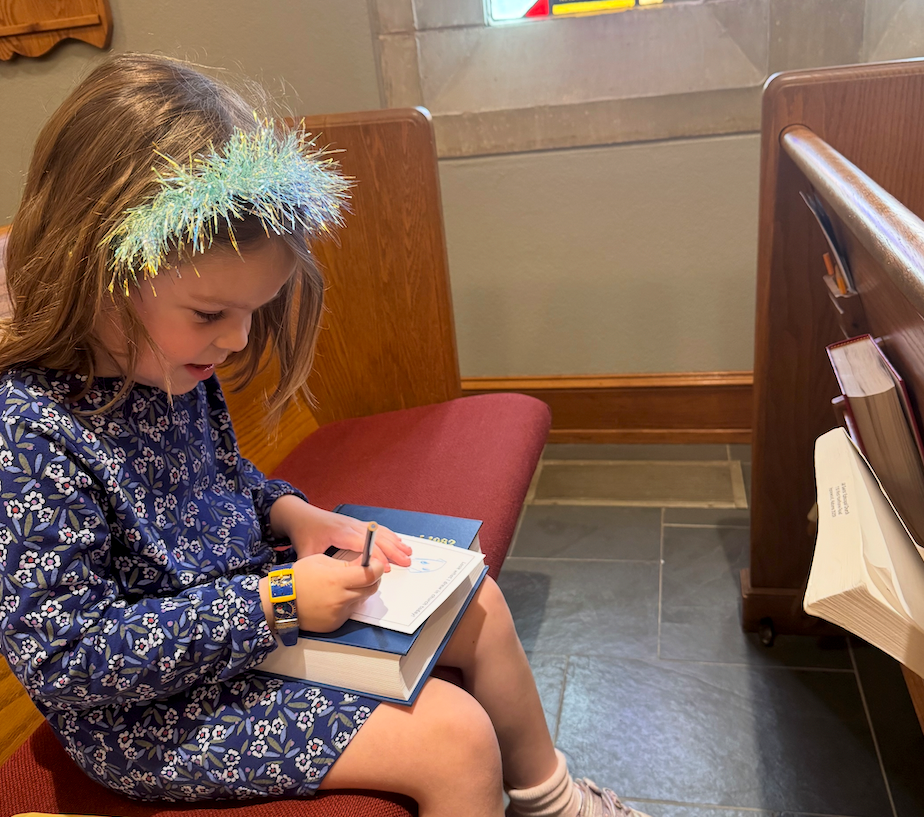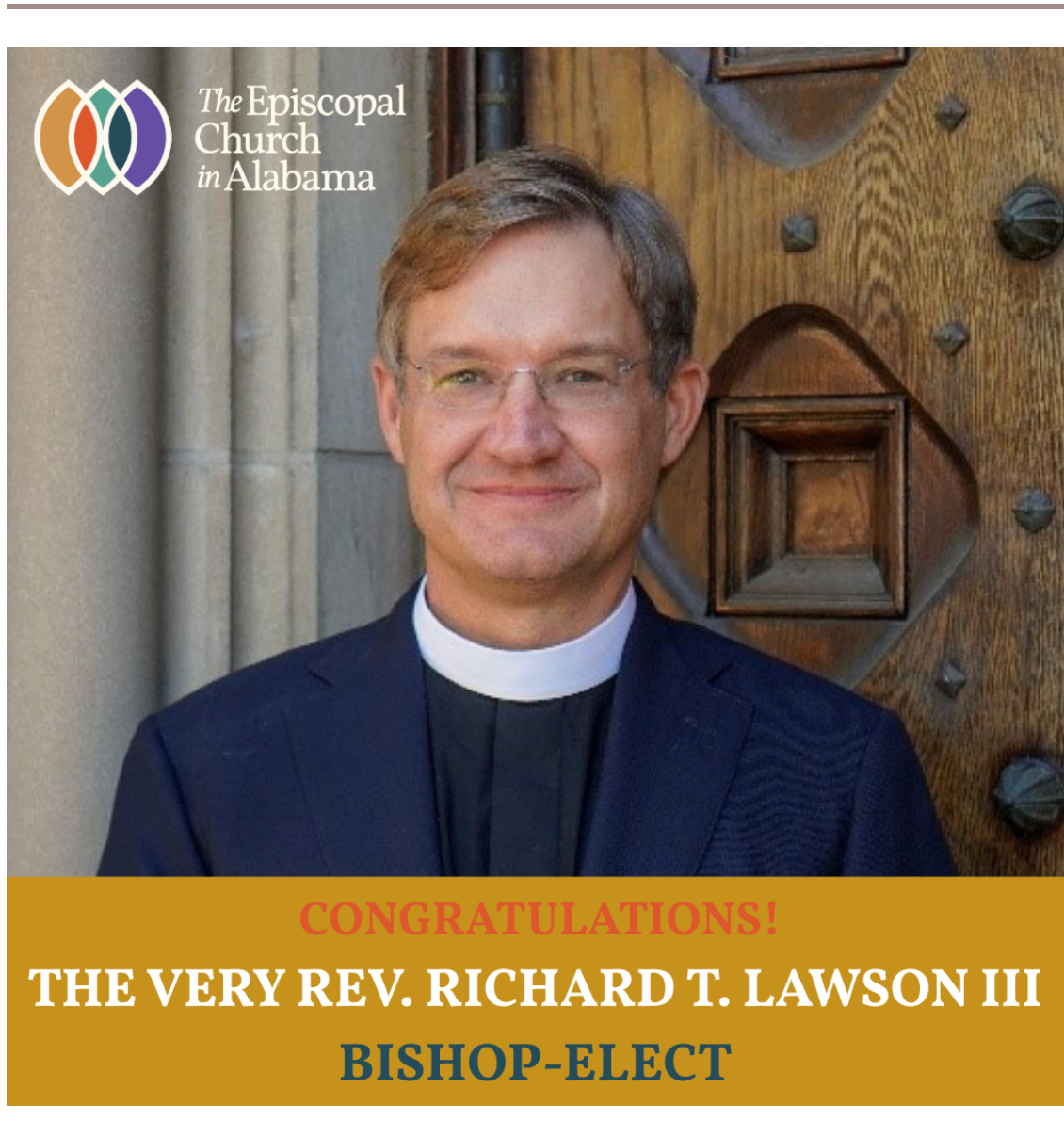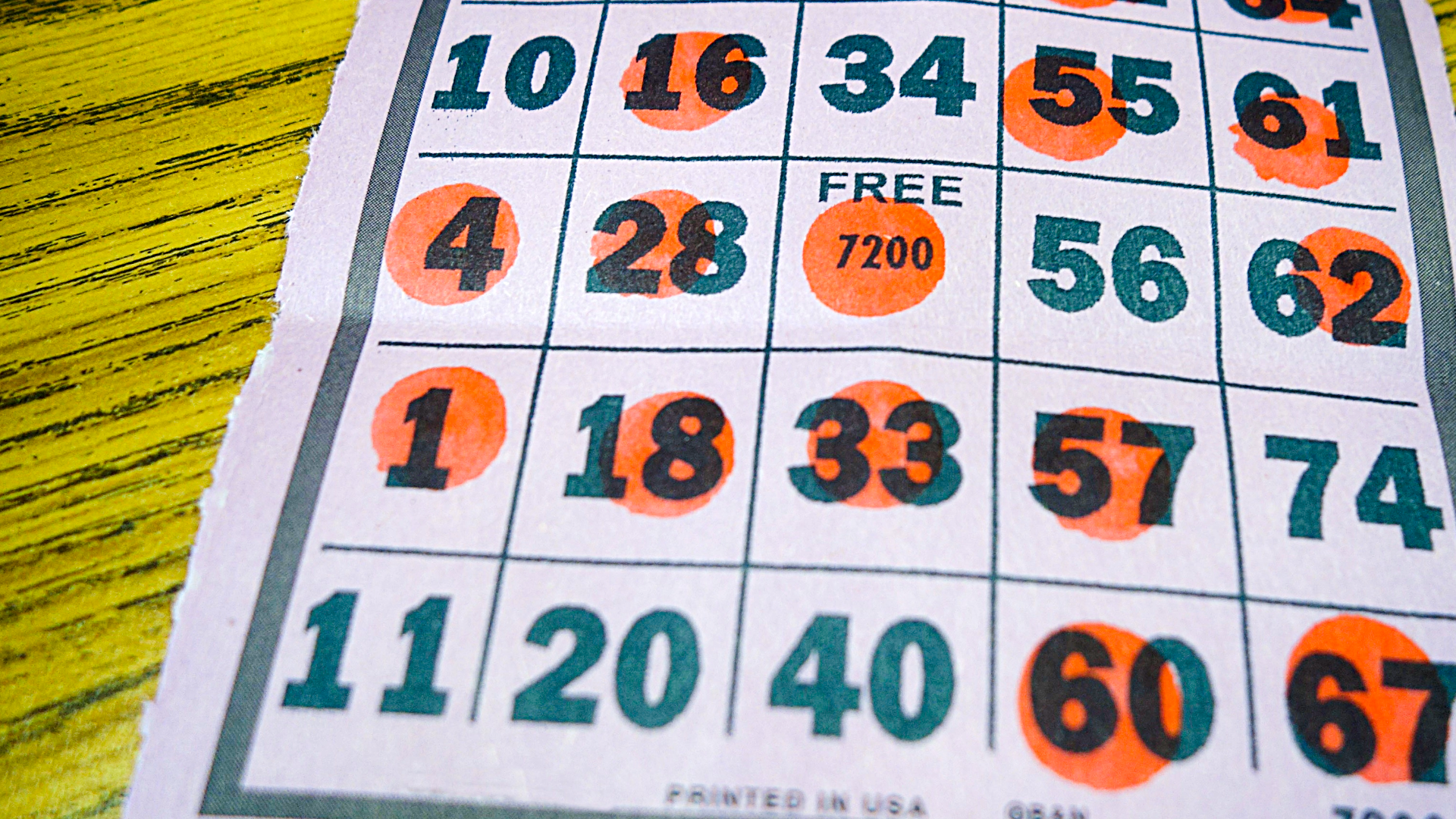Whose Image & Likeness
"Whose Image and Likeness"
Sermon by The Rev. Cindy Carter
October 22, 2023
Come, Holy Spirit, come. Take my lips and speak with them; take our minds and think with the, take our hearts and set them on fire with love for you. In Christ’s name we pray. AMEN.
The Herodians and the Pharisees– two Jewish groups that usually didn’t have much to do with each other. But, they did have one important thing in common – neither group much liked this upstart teacher named Jesus.
The Herodians derived their power from the Roman occupiers, while the Pharisees were more aligned with the occupied and oppressed commoners. But, in the tense week between Jesus’ entry into Jerusalem and his death, these two very different groups came together to lay a trap for this upstart teacher.
The trap involved a question about paying taxes. But, it wasn’t just any tax. It was a question about the Imperial Tax; the one denarius a year that Jews had to pay the Roman Empire to cover the cost of occupying their country.
You heard that right – it was a tax that they had to pay their oppressors to oppress them.
Now, you can imagine emotions ran high about paying this tax.
The Herodians probably didn’t have a problem with it. Remember they derived their power from the Roman occupiers. But, the Pharisees identified with the occupied, the common Jewish folk, who hated the Imperial Tax.
Teacher, we know you have integrity, teach the way of God accurately, are indifferent to popular opinion, and don’t pander to your students. So, tell us honestly: Is it right to pay taxes to Caesar or not? (The Message). It was a perfect question for their trap. The only thing that could make it better was that flattery at the beginning.
Is it right to pay taxes to Caesar or not?
Jesus, if you say yes, well then the crowds of common Jewish folks that met you with praise and adulation as you entered Jerusalem seated on a donkey only a few days ago, well you can forget that. It’s likely to evaporate or to turn to outright opposition.
And, Jesus, if you say no, well then the power of Rome is likely to come down on you like only the power of the oppressor can come down on you.
It was perfect.
Why are you playing games with me? Show me the coin. Show me the coin.
So, they handed Jesus a denarius.
Whose image and likeness are on this coin?
They answered, “The Emperor.”
So, give to the Emperor what is the Emperor’s, and give o God what is God’s.
And, suddenly, that perfect trap was turned on those who had laid the trap. An inspired gotcha.
You see - that coin, that everyone seemed to be carrying around the Temple grounds in their pockets, everyone except for Jesus - that coin had Caesar’s image stamped on it, along with the inscription “Tiberius Caesar, august son of the divine Augustus, high priest.”
It was a blasphemous inscription, proclaiming the divinity of Caesar.
So, how did Jesus address those who had brought the question and the coin to him? He didn’t call them blasphemers. He could have called them that, and he would have been justified in calling them that.
But, he didn’t call them blasphemers; he called them hypocrites.
Hypocrites – people who say they believe one thing and then do something else.
Once commentator I read this past week said that he could imagine Jesus taking that coin with Caesar’s image and the blasphemous inscription on it, flipping it in his hand a few times, then looking up to those who had confronted and set the trap for him and leaving an unspoken question hanging in the air –
“And you, my friends, whose image do you bear?”
And you, my friends, whose image do you bear?
They were all Jews – Herodians and Pharisees – who knew that at creation God had said, “Let us make humankind in our image, according to our likeness.”
For these questioners, there should have been one absolute commitment, one commitment that subsumed all their other commitments.
But these questioners seem to have taken to wearing another, false likeness.
In trying to entrap or to discount Jesus, they had forgotten whose image they bore; they had forgotten whose likeness they bore. And, they had acquired a sort of spiritual amnesia.
My friends, we are God’s children, made in the very image and likeness of God. We are called to live in a way that allows others to detect the family resemblance. As followers of Jesus of Nazareth, we are charged to act like the God we see in Jesus.
For us, there must be one absolute commitment, one commitment that subsumes all our other commitments.
We must not allow ourselves to fall prey to spiritual amnesia. We must remember who we are – God’s agents, God’s partners, God’s co-workers extending to all the abundant life that God desires for all.
And, let me give you a hint – this table is one of the best places I know to remember who we are
AMEN.
More Announcements







